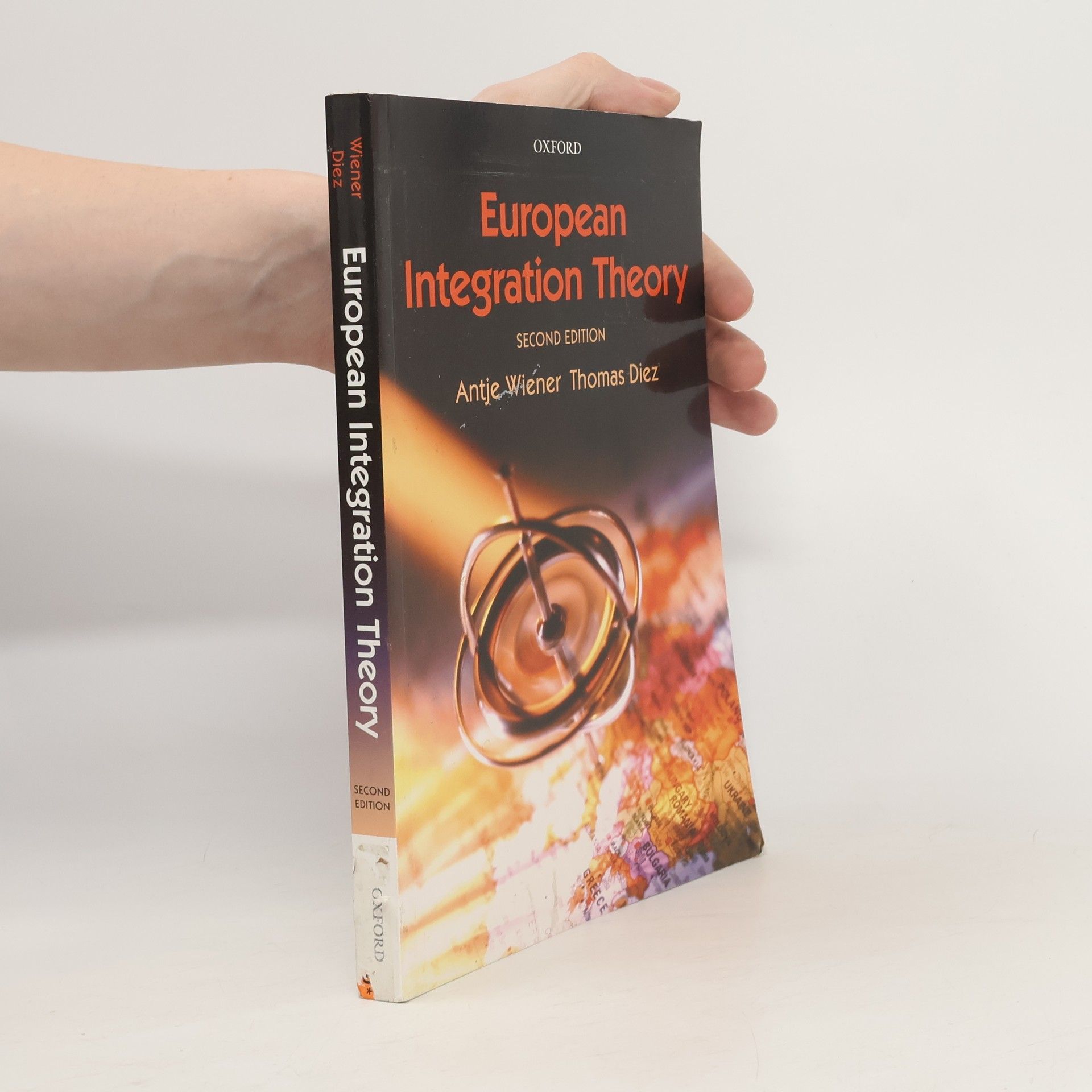European integration theory
- 312pages
- 11 heures de lecture
Systematically revised and updated throughout, this ground-breaking text provides an overview of all the major approaches to European integration. This edition includes two new chapters on the political theory of European integration and critical theory

